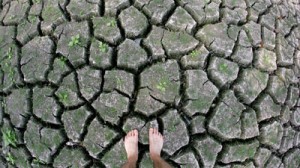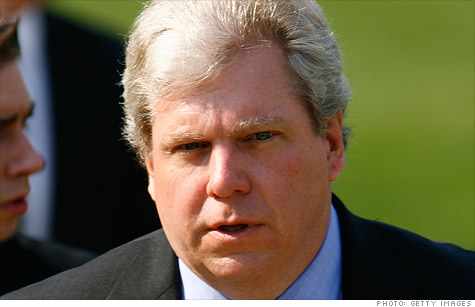 Five parched counties are officially suffering from drought after an exceptionally dry spring.
Five parched counties are officially suffering from drought after an exceptionally dry spring.
The announcement has been made by the Environment Agency after monitoring groundwater, rivers and in reservoirs across the country.
It follows what the Government says was the driest spring on record in South East and Central Southern England, and the driest right across England and Wales since 1990.
And for many farmers, there are now restrictions on the water they can use to irrigate their rain-deprived crops.
“I think the cereal crops, particularly the spring-sown ones, you are going to lose up to half your yield,” said Kate Leith, whose family runs a root vegetable and cereal farm at Wantisden in Suffolk.
“Some fields will be wiped out completely and it won’t be worth harvesting them at all.”
Ministers are holding a summit with farmers, water companies and environmental groups to discuss the way forward.
Environment Secretary Caroline Spelman says tough decisions have to be made.
“We’ll look at how to prioritise who can abstract the water that we have because it’s obviously really important to get that right to try and make sure that farmers have got enough to produce the crops for the food we need to eat.”
And that is the worry. If crops fail, the knock-on effect is likely to be a more expensive shopping bill.
“It’s adding to the upward pressures that are already there on food prices, things like the rising world demand and increasing production costs,” said Richard Dodd from the British Retail Consortium.
“But I think it would be easy to exaggerate how significant it is because we rarely get a year when the weather is perfect for farmers.”
At Adnams in Southwold they rely on barley. Head brewer Fergus Fitzgerald expects wholesale prices to rise by 40% compared to the cost in January. That will put 5p on a pint.
“It’s always a concern,” he said. “I think with agricultural products it’s down to the climate and weather so we know it is something we are going to have to watch.
“But obviously this year the drought has been much more widespread than it has in previous years.”
But despite the drought classification for Lincolnshire, Cambridgeshire, parts of Bedfordshire, Northamptonshire and Norfolk, the water shortages are not expected to prompt hosepipe bans for most areas.
Source : SKY News




































